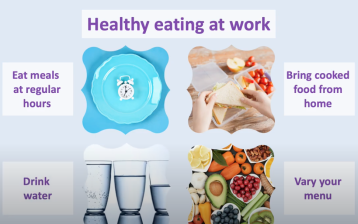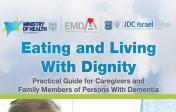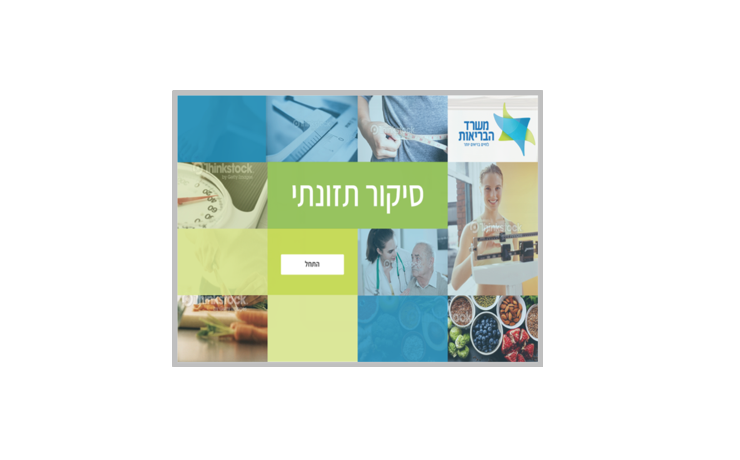
Israel
Implementing better nutritional care
Implementing better nutritional care

Contact Ronit for inquiries on Israeli campaign activities and for publishing of your Good Practice on this website.

All people at all times should have access to sufficient, safe, nutritious food to maintain a healthy and active life”. World Food Summit of 1996
It’s a credible multi-stakeholder platform with international visibility where 18 countries are fully aligned in one unique mission and good practices sharing.
ONCA helped to engage with health authorities, medical societies, patient associations and other relevant stakeholders. Currently, ONCA campaign involves PEN society, 12 patient association alliance “Nutrition for all”, MoH, health authorities, medical societies, payers, national industry group and it’s growing: every new stakeholder tackled engages and embraces ONCA.
To raise awareness and implement better nutritional care for all the population.
In the community clinics
Eating and Living With Dignity A Practical Guide for Caregivers and Family Members of Persons with Dementia:


An interactive tutorial for teaching nutritional screening
An obligatory directive for identifying patients in need of nutritional care in the community and in hospitals
Early detection of nutritional risk situations and immediate nutritional intervention may improve patients’ quality of life, enable growth potential and development, and reduce chronic morbidity, medical complications and mortality.
Nutritional risk situations include conditions and illnesses that can cause nutritional imbalances during the life cycle: from pregnancy, through childhood to adulthood and old age.
The Ministry of Health has recently published a regulatory directive for identifying patients in need of nutritional care in the community and in hospitals. The objective of the directive is to set standards for identifying situations of nutritional risk and direct referral by the patient to a dietician in the community.
Patients in need of nutritional care in hospitals and in the community will be detected either by a validated nutritional screening tool or by the medical staff.
Direct referral by the patient to a dietician in the community will be at least for the following conditions: diabetes, pre-diabetes and obesity in adults and children.
Directive for identifying patients in need of nutritional care in the community and in hospitals
Download